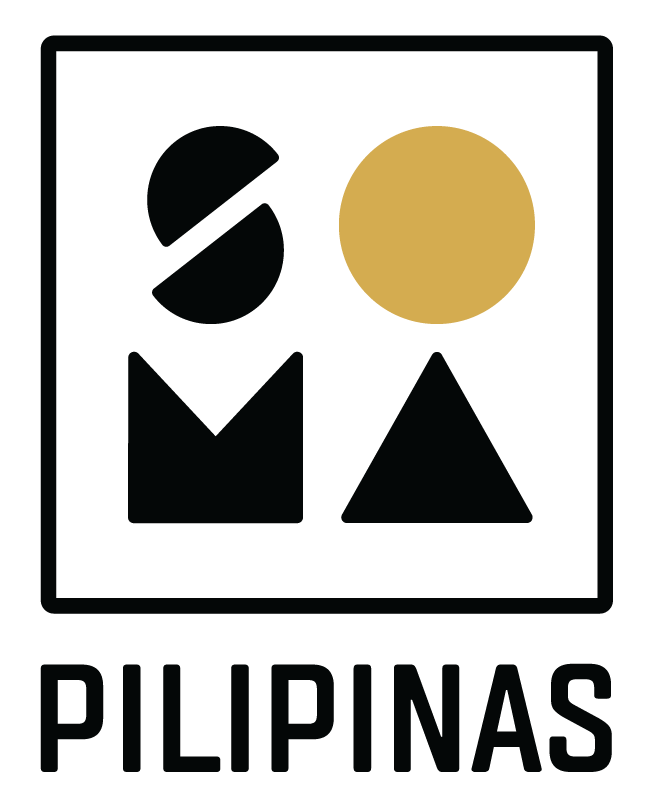Carla Laurel
I was born in Mountain View and spent the first few years of my life in San Jose and most of my life in Santa Clara.
At USF, I majored in Economics and minored in Philippine Studies, leading to my introduction to the SOMA Filipino Community and the West Bay Pilipino Multi-Service Center, as a volunteer in February 2007. I showed up on my first day to a room full of 50 kids.
I remember they all had pencils and they all had their names on their pencils so everyone would know which pencil was theirs. And I really enjoyed volunteering, so starting the next year I tried to see if were any availabilities, and they hired me as a tutor.
That same year, one of my Econ professors said in class one day: “I just want to be clear, what we’re doing in this class is to teach you what’s the most economically efficient, it’s not the most just or social justice-type solution. It’s what’s going to get you to the most optimum economic outcome.” And it really hit me because a lot of the families that I was working with were domestic workers. And at the time, I was learning about international trade and the effect it was having on the ground to the diaspora Filipinos that come to the US, and that was so clear to me but so separate from what I was learning in school too. It was such a hard conflict for me to understand, so I thought, ‘Maybe I’ll do policy, I’ll do government.’ So I started interning in Washington D.C. to do that — but I realized that it wasn’t really for me.
I’m the type of person that understands that there has to be a greater change, but there’s an immediate need in the community NOW and for the families I’ve been working with at West Bay. I thought, ‘What am I going to do in D.C. that might not ripple down to the SOMA community until much later?’
West Bay has always been a flourishing multi-service center with so many programs, but at the end of the day, it’s all about the kids! When I started, we had hecka kids here — this is their family and this is their home and you had these families who were like, ‘This is where we feel safe so we want to come here.’
And for me, it was like, how could you not help them? And so, over the years, eventually I became the after-school coordinator and then the program coordinator for college prep and in 2017, I finally took the plunge to try to become the director — mainly because I felt like there were a lot of people coming in who were trying to do right by West Bay but also didn’t really know the community and didn’t really understand the families. And being from the program and being here for so long, I never want it to be about me. It’s very much about the families and making sure that they can be successful – with or without me, whatever they want to be. And so, I finally was just like, I’m going to try it and see what we can do.
And West Bay ties in so closely to how I feel about SOMA Pilipinas, because I feel like there’s this undiscovered community in the SOMA that’s been here — and they are very resilient and they want to do well and they just need to be seen. I think SOMA Pilipinas does a really great job of allowing others that wouldn’t even want to know about this community, to really know about them, and us.
It gives our community a sense of pride because they know that they’re a part of history. And whatever they’re going through, their experience is perfect just the way it is because it makes SOMA Pilipinas the great place that it is! It’s amazing to see them get excited about it, and I want the families to know that it’s because of them and what they’ve done by migrating here and everything they sacrificed.
West Bay has been serving the San Francisco community since 1968, and are now over 50 years old. It started off, historically, serving newcomer Filipino families, helping them transition into American life with jobs, services for their kids, housing, and helping seniors — making sure that they have the resources that they need.
And we’re continuing to focus on youth programs, making sure that kids can go to college, and that their families can ultimately be successful and do whatever they want to do. We serve around 80 families during the school year and during the summer, do collaborations with United Playaz and Parks & Rec where we serve over 200 kids. We’re here! And a majority if not all of our kids are from the South of Market. They’re not all Filipino anymore — but a majority are. Some are still recent immigrants, some are second generation. And so we do our best to instill Filipino values into our programs so that we stay true to who we are, and also make sure that we’re inclusive of everybody!
Words by Carla Laurel

